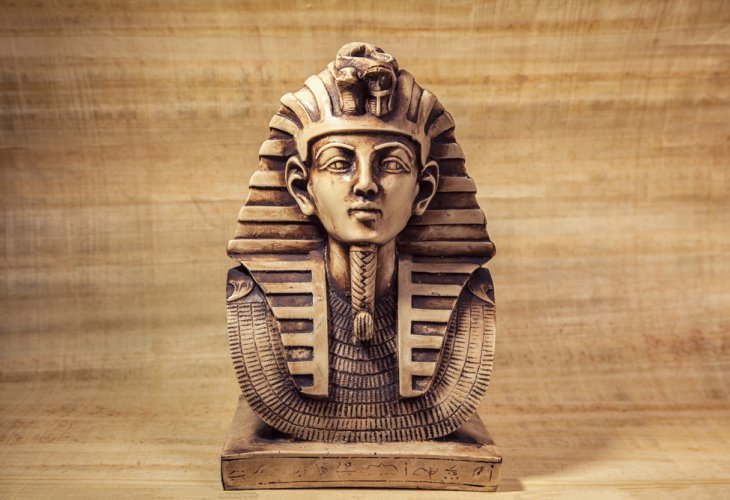Passover
Why Doesn’t the Torah Name Pharaoh?
Discover why the Torah never mentions Pharaoh’s personal name and how this detail reveals powerful historical accuracy in the Exodus story
 (Photo: shutterstock)
(Photo: shutterstock)We all know that “Pharaoh” wasn’t a personal name, but rather a royal title used for all the kings of Egypt. Just like we say “the king” or “the president,” the Egyptians used “Pharaoh” and it was often followed by a specific name, like Pharaoh Ramses or Pharaoh Amenhotep.
So why doesn’t the Torah ever mention Pharaoh’s actual name? In both the story of Yosef (Joseph) and the Exodus, the ruler is simply called “Pharaoh,” without a personal title attached. That seems odd until we dig a little deeper.
Professor Nili Shupak, an expert in the ancient Egyptian language and its usage over different time periods, studied this question in depth. She discovered something fascinating. The way the Torah refers to Pharaoh actually lines up perfectly with the way Egyptians spoke and wrote at that time in history.
She explains that the term “Pharaoh” had three stages of development in both Egyptian and biblical usage:
In the earliest stage, mainly found in the Torah, “Pharaoh” is used on its own as a standalone title.
In the time of the early prophets, the more formal phrase “Pharaoh king of Egypt” appears.
Only later, during the later periods of prophecy, do we find Pharaoh paired with his personal name such as Pharaoh Shishak or Pharaoh Necho.
So during the time of the Exodus and the events leading up to it, it actually wasn’t customary to mention the king’s personal name. The king was simply referred to as “Pharaoh,” and that was enough. This wasn’t a literary decision or dramatic choice, it reflected how people in Egypt spoke at that time.
Later generations wouldn’t have known this. A writer making up the story years later would likely have used the styles familiar in their own time, adding a king’s name or a formal title. But the Torah’s language stays completely consistent with the historical and linguistic reality of ancient Egypt during the New Kingdom period.
Professor Shupak goes even further. She analyzed all the Egyptian words, phrases, and cultural references that appear in the Torah. She found 30 terms that reflect Egyptian life or language. Out of those, 23 of them, about 77 percent, match only the period of the Exodus. Some expressions lasted for many generations, but most were used specifically during that narrow window of history.
Once again, we see that the Torah’s details are incredibly accurate. No one could have known exactly how Egyptians spoke or lived during that time unless the story came from people who had actually lived through it.
It’s one more powerful reminder that the Torah isn’t just a book of faith, it’s also a document of truth, rooted in the real experiences of the Jewish people as they walked out of slavery and into freedom.

